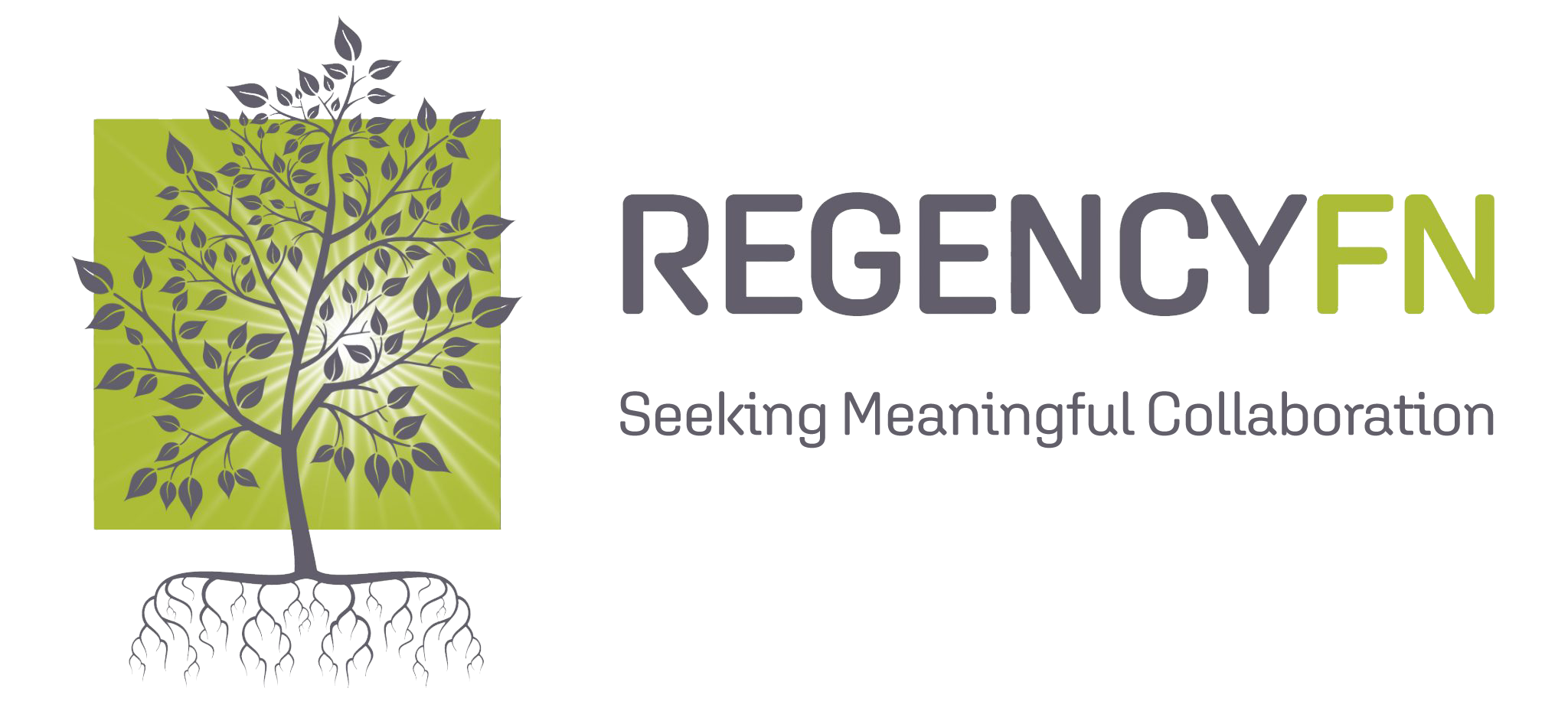Empowering Farmers and Diversifying Agriculture
»» As far as small fishing villages teetering on the brink of extinction go, the Kalangala district in Uganda had some of the worst. A group of sixty islands on Lake Victoria consisted of mainly forests and grasslands with only small dirt tracks connecting the villages. Most people here depended on fishing for their livelihood. That is, until the fish stock dwindled in the 1970s, pulling the carpet out from under the majority of the citizens.
Suddenly the prospects for thousands looked dire and the towns faced obsolescence. The government stepped in to launch what they called their “role-model project of public-private partnerships”. Collaborating with multinational consumer goods company, Bidco, they introduced the trial version of a now-massive oil palm project. Jarnardhan Naidu, General Manager of Bidco in Uganda, say they speak of it as the Four Ps project: the public, private, people project with the main objective being poverty alleviation.
Many were, at first, very sceptical. It takes three years for a palm tree to bear fruit and there were environmental concerns. Those willing to sign up were supported by the government through loans to ensure they maintained themselves up to the first harvest. As soon as harvesting started and the new farmers earned income, others hastened to join. Suddenly fishermen with no hope for the future turned into successful farmers. There was enough money to employ their relatives as labourers and, in the process, entire families were being uplifted.
The farmers are supported by both the government and Bidco. There is a farmer’s trust headed by Nelson Basaalidde who support them on behalf of the government. Bidco offers a complete value chain from soil to pan by providing seedlings, technical know-how and the market for the fruit. From planting the trees to extracting the oil, the farmers are guided every step of the way.
Traditionally women and girls were not included in the commercial production chain in Uganda. Here, however, it is different. About 35 per cent of the oil palm farmers are female, empowering them and ensuring their independence. Widow, Tabisa Akirapa, looks after several orphans. Through farming oil palm she has now been able to upgrade her house, buy the goods she needs and keep her children in school.
The entire community has moved from poverty to prosperity and young people don’t need to move away to survive. Good roads, communication systems, infrastructure, electricity and clean water supply – all are contributing to the success, and future, of the people of Kalangala.
